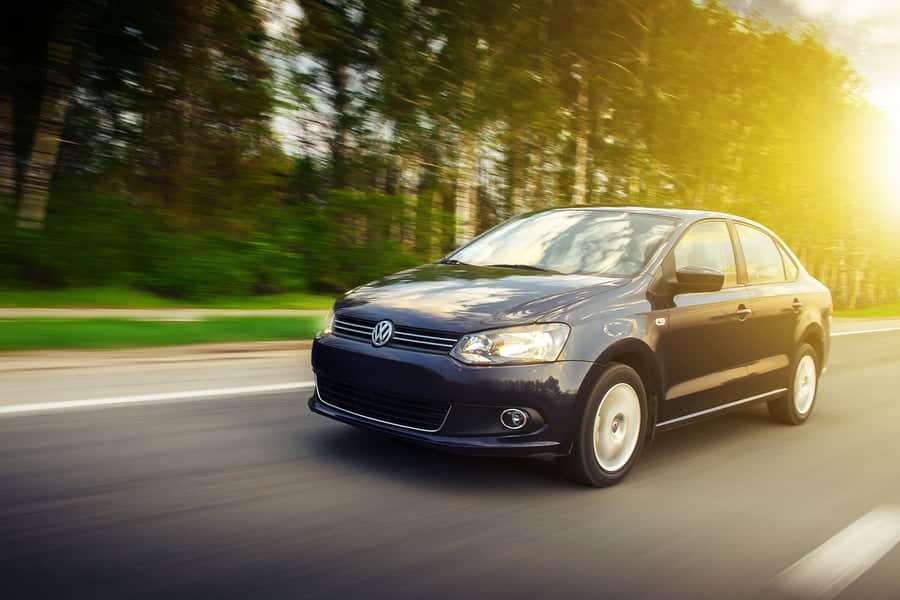
We have talked previously about how to prepare your car for the winter months, but what about sorting it out for the hotter months, and getting it ready for the summer?
Heat, dust and the stop and start driving associated with heavily congested summer holiday roads can all take a toll on your vehicle and impact its ability to perform. Apart from the regular checks, what season specific things can you do to ensure your car is ready and prepped for the sunshine streets?
Table of contents:
- Check Your Brakes
- Cooling System
- Oil
- Air Filters
- Air Conditioning
- Wiper Blades
- Summer Tyres
- And Finally
Check Your Brakes
You should always be checking your brakes, but if you have not tested them for some time then now is the perfect moment. Especially if you are planning a European road trip or a long distance festival haul. You’ll want your brakes to be in top condition if your car is carrying a heavy load.
Look for any spongey feedback from the brake pedal, which is indicative of a lack of fluid in the system, requiring the system to be topped up. It is also worth giving the part the visual once over to see if the pads need changing. Ideally you want to see more than 8mm depth in the pads.
Cooling System
One of the biggest dangers when driving in the summer is overheating. If you are caught in the middle of July in a 3 mile tailback on the M11 you will know all about this. Make sure your cooling system is properly topped up with the right mix of coolant and water and ensure that your vehicle’s water is also properly filled.
It is also worth checking that all the air intakes on the car are free from debris and dirt as blockages may contribute to overheating problems.
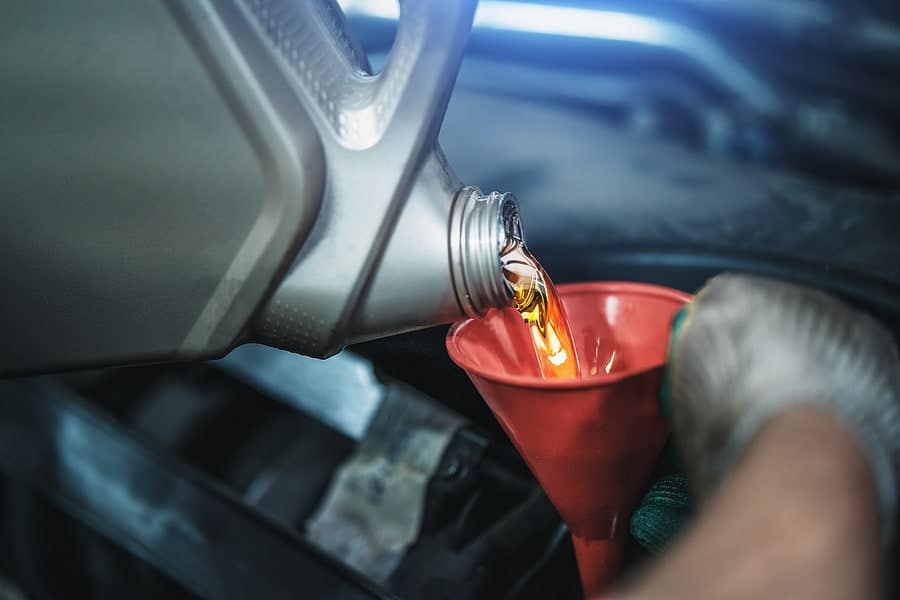
Oil
Older cars may benefit from an oil change in the summer. Heavier oils will help compensate for internal engine wear and offer better protection for your engine in the heat. Newer cars should be fine to run on the same kind of oil all year round, but it might be prudent to change your oil if your vehicle is getting on in years to better lubricate the motion.
Air Filters
Riding round with dirty air filters can cause a lot of problems in the engine. This is exacerbated in the summer with large amounts of pollen floating on the breeze, which can not only clog up your ventilation systems but also upset your passengers if they suffer from hay-fever. Air filters are extremely easy to replace and you can even purchase washable or reusable filters, which will save you money and be sure to check the cabin filter too, stopping the internal air from becoming stuffy.
Air Conditioning
Make sure you regularly turn on your air conditioning all year round, even in winter when it is cold. Consistent usage will stop the system from becoming clogged as lack of use could prevent it from operating at its maximum output when you need it most on that sweltering day stuck in traffic. If you haven’t turned on your air con for a long time then make it today.
Wiper Blades
Winter wiper blades have a different composition than summer blades, to help move the ice, frost and slush that can accumulate on your vehicle’s rear and front windscreens. These are usually flexible at lower temperatures, but can be too bendy when the temperatures rise over the hotter months. Consider changing the blades for the summer, especially if they are causing streaks on your windows in the spring.
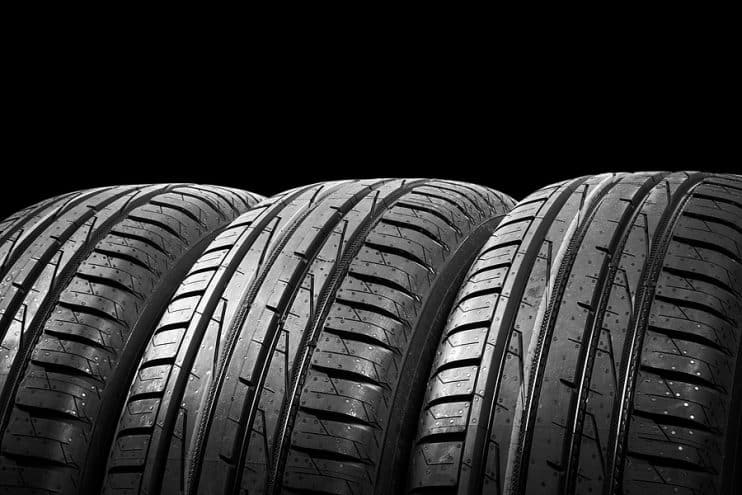
Summer Tyres
Summer can be every bit as hard on your tyres as the winter months. Sunlight and heat can work in tandem to break down the rubber. Whilst you can get away with the easy benefits of all season tyres, these tend to be a compromise and won’t save as much money as you will with two set of tyres designed for each season. Use wider wheels and summer tyres in the sunshine months and store away your hard wearing winter tyres for when they are needed most. Read more about the differences between summer and winter tyres here.
And Finally…
Always check the basics before summer and winter. These are the inspections you should be periodically performing on your car and its parts to ensure you have the best possible set up. As all the components are interlinked if one starts suffering from pressure or failure this can reduce the lifespan of other parts or the engine as a whole.
Be proactive and check all your fluid levels, the battery terminal connections, examine belts and hoses, change the oil if appropriate and the oil filter, clean the car all over and test the lights. Making sure that you have performed all the preventative maintenance will help keep your car in good condition for the future.

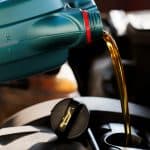
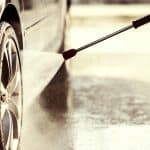


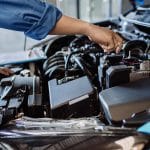


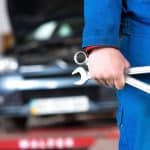
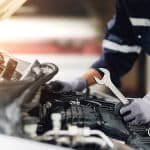
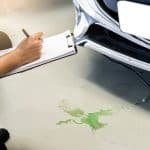
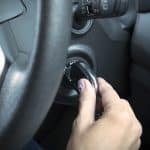
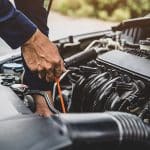
.png)